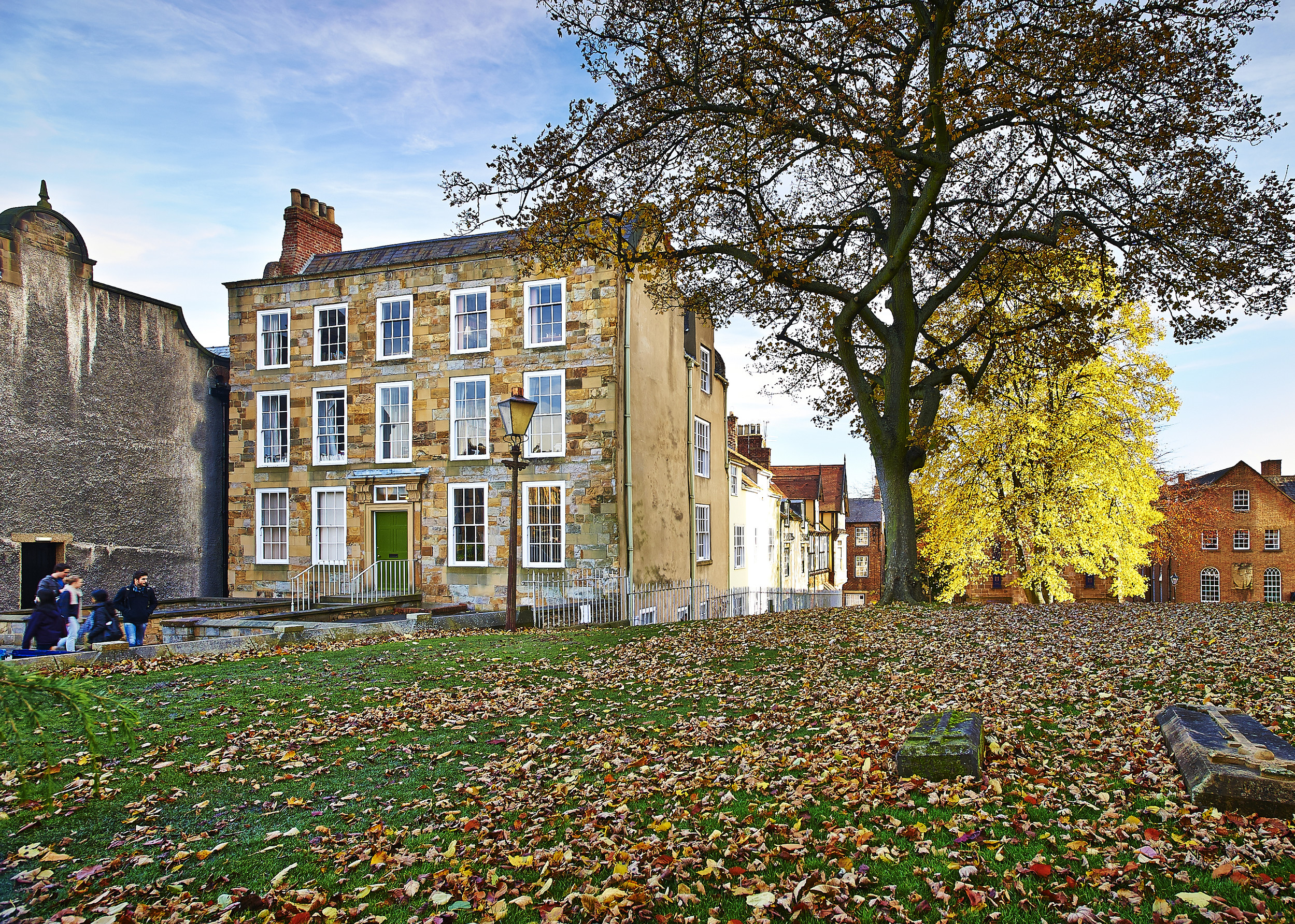About Us
The Department of Theology and Religion has flourished at Durham University since its foundation in 1832, and has established an international reputation as one of the leading departments in its field.
In each of our three degree programmes these diverse methods and interests can be explored individually or creatively combined. Broadly speaking, our fields of research and teaching may be divided into three main areas of focus:
The study of religion explores the contemporary anthropological and sociological aspects of religion and worldviews both in the UK and around the world (including North America, Latin America, Africa, and South Asia). Our research and teaching explore how religious meaning takes shape in response to social and cultural forces (such as neo-liberalism and post-colonial politics), and how it enters into all domains of life (including emotion, identity, health, and death). From such perspectives, our studies range across Islam, Hinduism, and various forms of Christianity.
Our degree in Religion, Society and Culture allows specialisation in this area of study. Undergraduate modules explore such issues as: How does contemporary Islam engage with issues of gender and identity? How has the colonial legacy impacted religious practice?
Christian theology embraces the study of many ethical, social, and philosophical questions, but does so via an engagement with Christian traditions of belief and reflection. Many of our modules interrogate that those traditions through considerations of fundamental Christian beliefs and their interaction (systematic theology), or through consideration of questions in historical theology and the history of Christianity. We work within a range of Christian traditions, with particular strengths in the Catholic, Anglican, and Eastern Orthodox traditions. Areas of particular research expertise include the early Christian world (such figures as Augustine and Irenaeus), Thomas Aquinas, the Protestant Reformation, theology and migration, medical ethics, environmental ethics, modern Catholic theology, questions of gender and sexuality, and modern atheism.
These topics can be explored either within our degree in Theology and Religion or in our joint honours degree in Philosophy and Theology, whose particular focus is on the intersection between theology, religion, philosophy, and ethics.
Within this field of study, our undergraduate modules explore issues such as: Can the presence of evil in the world be compatible with the existence of a good and powerful God? How do modern-day scientific discoveries relate to the Christian concept of creation? What is the Christian response to environmental and ecological issues?
Biblical studies covers the Hebrew Bible/Old Testament, the New Testament, ancient Judaism, and early Christianity. We explore in depth the biblical and related texts in both ancient and modern contexts, and examine how they have been and can be interpreted from a variety of perspectives, including theology, history, and various forms of contemporary theory. We are one of the few universities in the UK to offer a broad range of biblical and ancient languages, such as Greek, Hebrew, Syriac, and Middle Egyptian.
Biblical Studies can feature in any of our three degree programmes. Undergraduate modules examine texts in their original languages or in English translation, and explore such issues as: What counts as a theologically and ethically appropriate reception of the Bible today? How might the Bible be read differently from minority and non-Western perspectives? How was Jesus understood in texts that did not get included in the New Testament canon?


/prod01/prodbucket01/media/durham-university/departments-/theology-amp-religion/21213-1.jpg)

/prod01/prodbucket01/media/durham-university/departments-/theology-amp-religion/2018-photography/81377.jpg)
/prod01/prodbucket01/media/durham-university/departments-/theology-amp-religion/20458.jpg)
/prod01/prodbucket01/media/durham-university/departments-/theology-amp-religion/2018-photography/81360.jpg)
/prod01/prodbucket01/media/durham-university/departments-/theology-amp-religion/2018-photography/81314.jpg)